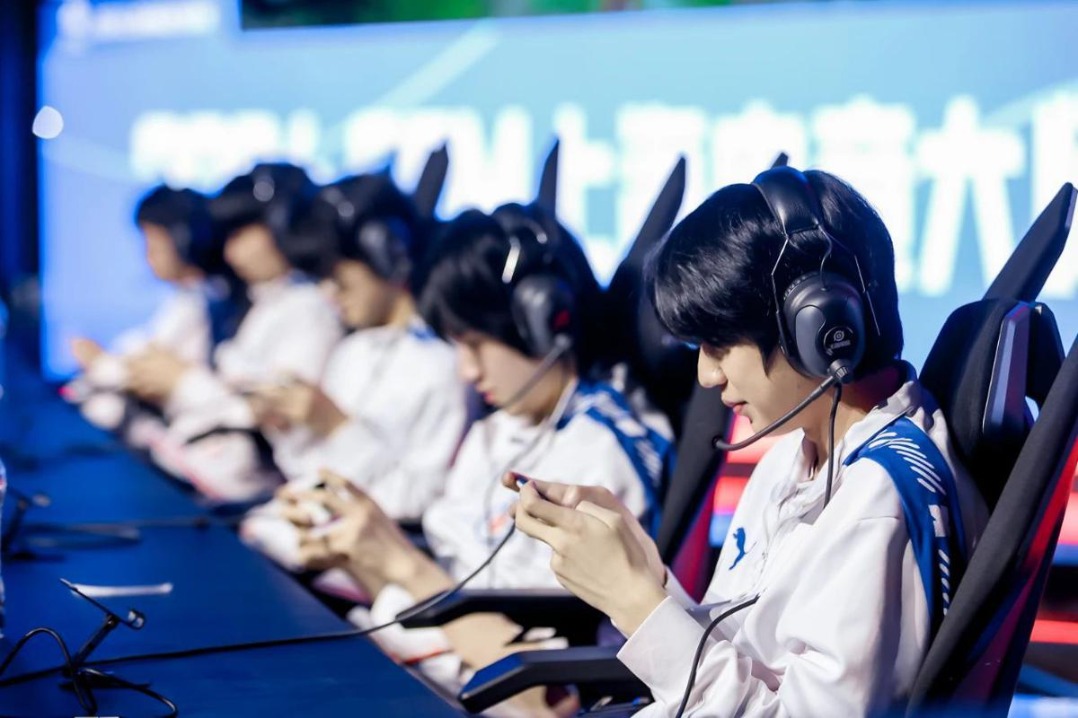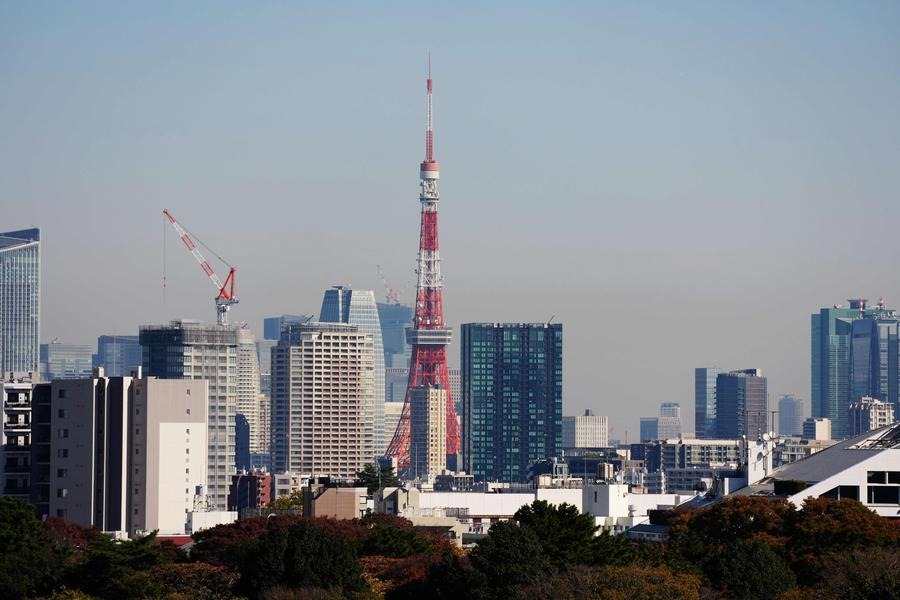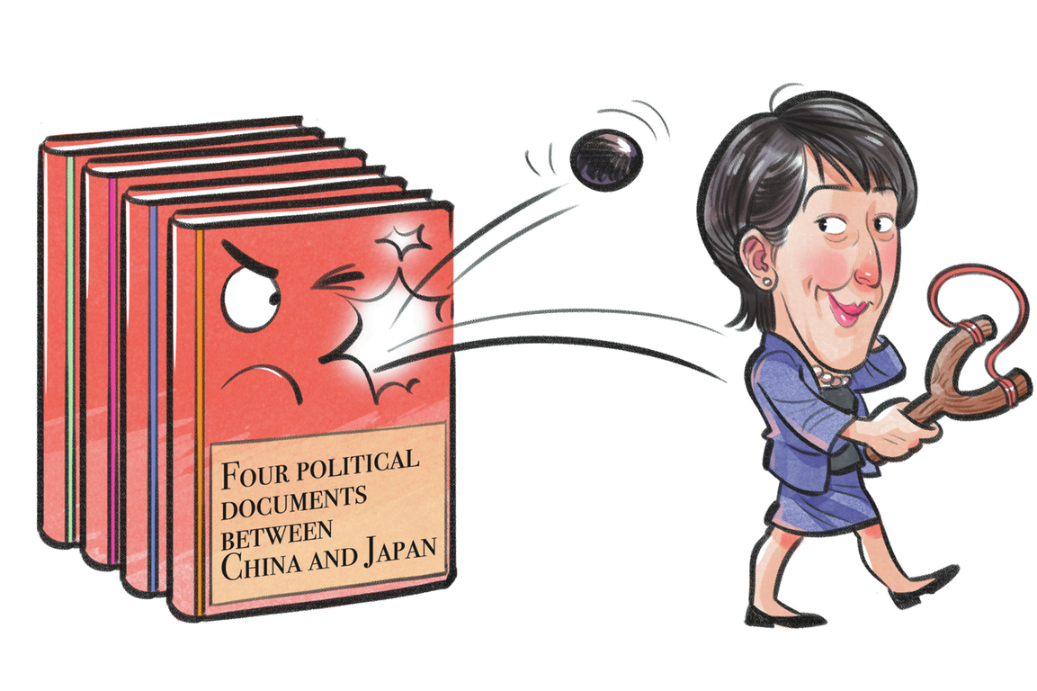More than meets the eye with 'peeling' Olympic medals: To the point


Recently, a "quality" issue with medals from the Tokyo Olympic Games has sparked heated discussion on Chinese social media. Though netizens from both countries may not have a favorable opinion of each other due to the two neighbors' political tensions, the green concept behind the gold medals is actually quite worthy of praise.

It started with a group of photos featuring a peeled-off medal posted by Chinese trampoline athlete Zhu Xueying. The gold medal winner explained she was trying to rub dirt off the medal, but it turned out not to be dirt —the medal just peeled off as she rubbed.
Soon the Chinese swimming champion Wang Shun said his gold medal from the Tokyo Olympic Games had suffered a similar fate.
The Tokyo Olympic Committee responded the peeling is not gold plating, but a coating, which does not affect the quality of medals.
But Chinese netizens seemed not to be satisfied with this explanation, as they believed medalists deserve something more valuable, such as the 2008 Beijing Olympic Games medals, which were inlaid with jade as well as plated with gold.
The Tokyo medals were indeed a new experiment for the Olympic Games, as they were made with metal extracted from electronic devices donated by ordinary people in Japan.
The UN's Global E-waste Monitor 2020 report showed a record 53.6 million metric tons of electronic waste was generated worldwide in 2019, up 21 percent in just five years. Therefore the practice of making medals from electronic waste can be considered an innovation which will encourage more people to reduce waste and live a greener lifestyle.
What's more, the green practice behind the gold medals can also reduce costs, providing lessons for other Games to keep budgets in line, especially as the pandemic continues.
With an economic downturn and the spread of COVID-19 in Japan, Tokyo had no choice but to keep the budget tight. Medals made of reclaimed e-waste and cardboard furniture were cost-controlling measures, but the 2020 Games still finished at a huge loss. That said, we should appreciate Tokyo's ability to hold the Games after a year's delay despite the pandemic and domestic opposition.
The medal's value should be defined by the achievement it represents, not just how expensive the materials for it are.
A green approach isn't limited to Tokyo. In less than a year, the Beijing 2022 Winter Olympic Games will be held, and its mission is to be "green, inclusive, open and clean". The Organizing Committee's initiatives include sustainable management of venues, low carbon programs and sustainable sourcing. Beijing is expected to power the 2022 Olympic Games with 100 percent green energy.
The peeled-off medals from Tokyo might not be perfect, but the sentiment it represented was very valuable indeed.
The author is a writer with China Daily. The views are the author's own and don't necessarily represent those of China Daily.


































